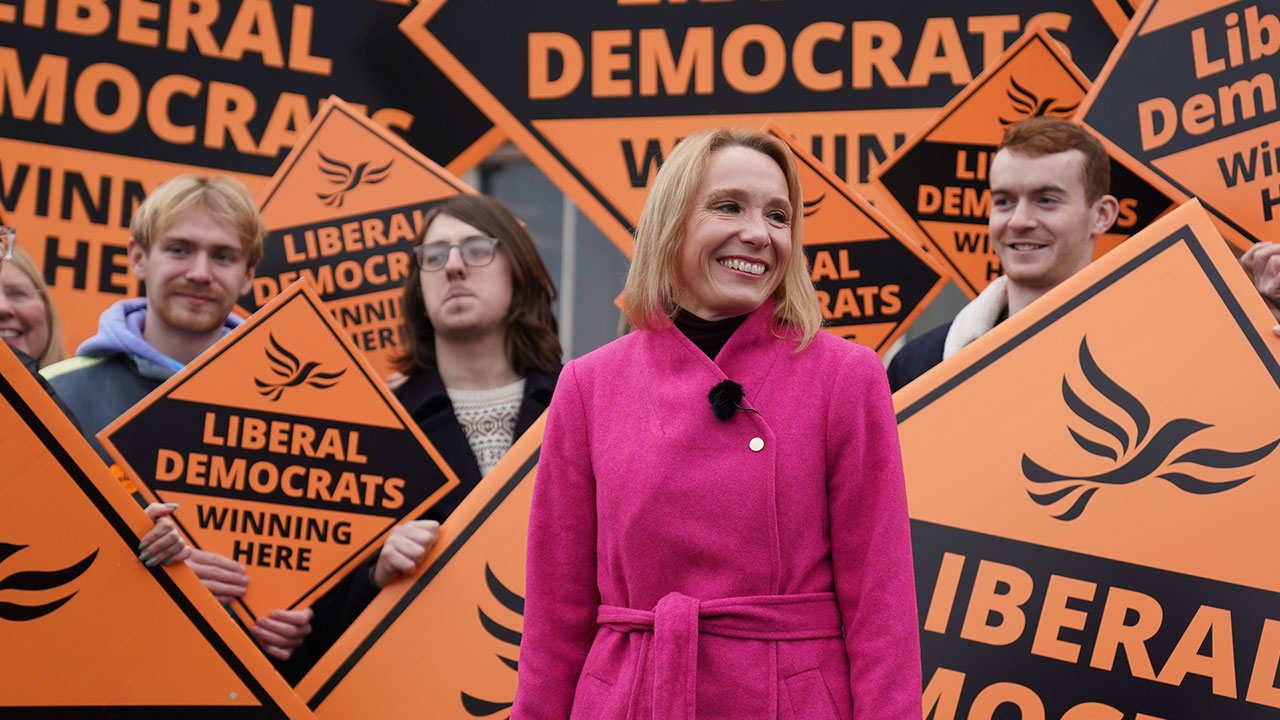United Kingdom
Defeat in the parliamentary by-election reveals the difficulties of the British government

‘Three wheels on my wagon’ sang Burt Bacharach and the New Christy Minstrels in 1964, the year in which current UK Prime Minister Boris Johnson was born. It describes well the state of his government today.
Three flaming Cherokee spears have landed in the Conservatives’ cart. Record numbers of coronavirus infections and a public policy response whose direction has resembled the path of a grasshopper through a cornfield have left the public confused and health professionals exasperated. The costs of Brexit – almost £100bn in lost trade this year and shortages of labour, medicines and foodstuffs – have dented trust in a Prime Minister who promised huge economic benefits from new trade agreements with the USA and others. Finally, evidence of lawbreaking and blatant nest-feathering by prominent members of the ruling Conservative Party have sapped public trust. A few days ago, the government faced an important rebellion in its parliamentary ranks and had to rely on the votes of Opposition MPs to pass public safety measures.
The Prime Minister looks increasingly embattled
Last week the Conservatives lost a parliamentary by-election in a seat they have held for over 200 years. Liberal Democrat candidate Helen Morgan took 47% of the votes cast to win the North Shropshire constituency with a majority of nearly 6000, in a crushing blow to Johnson.
The Prime Minister looks increasingly embattled. A man who claims to carry the mantle of Winston Churchill, the hero of whom he has penned a biography, appears to possess little of Churchill’s strength in adversity. Eager to shift public attention away from his personal troubles, he has engaged in needless and damaging conflicts with France over fishing rights and aspirant migrants and in battle with health experts over Covid. Many doubt his commitment to continuing if the going continues to be tough. Two potential challengers as Prime Minister are mobilising their supporters.
Adrenaline boost for the opposition parties
Parliamentary by-elections serve as a safety valve in UK politics. In terms of parliamentary arithmetic it will make little difference to Prime Minister Johnson that his party has one MP fewer and the Liberal Democrats one more. Since the Liberal Democrats pulled off a similar surprise six months ago in Chesham and Amersham, with the election of Sarah Green, the Conservatives have comfortably held two seats in little-reported by-elections elsewhere.
For the Opposition parties, however, by-election performance is an adrenalin booster. The Liberal Democrats started 2021 with only 11 Members of Parliament, their lowest number in fifty years. They are now up to 13 and their ranks have swelled to accommodate two new, enthusiastic young MPs whose gender swings the parliamentary group’s balance in favour of women. Liberal Democrat Leader Ed Davey, a former government minister who has faced an uphill struggle to secure the oxygen of publicity, will return home for Christmas with a spring in his step.
A common intent is now obvious too, among senior Labour and Liberal Democrat MPs, to work together to rid Britain of its economically-calamitous Conservative rulers. Though the intent is unspoken, each party recognises that Britain’s electoral system means it cannot hope to form a government without the other. The experience gained by Liberal Democrats from their period of office 2010-15 with the Conservatives has sharpened minds in the party of Adam Smith and John Stuart Mill; the humiliation of Labour’s inability under Corbyn to prevent Brexit has dampened egos in the Labour party. Though the Conservatives’ parliamentary majority should allow them to govern securely for the remaining two or three years of this parliament, the public will likely have a credible alternative when it comes to pass judgment in two or three years’ time.
